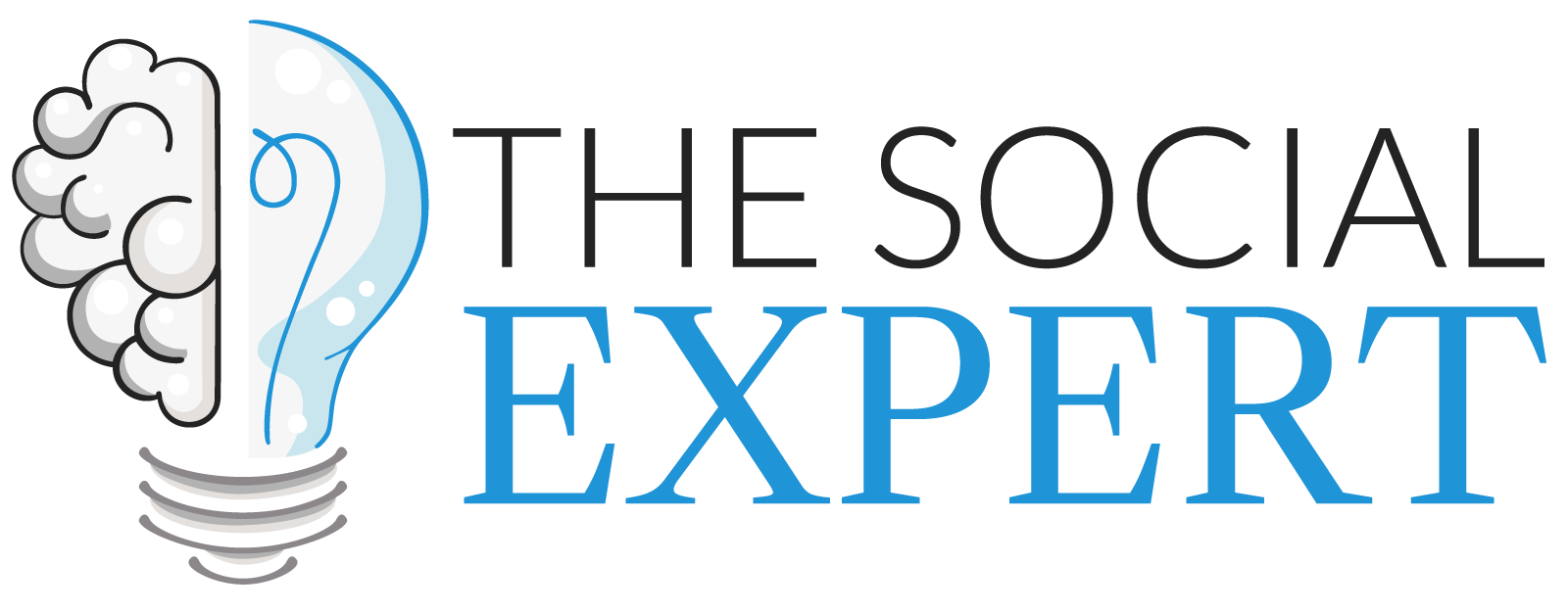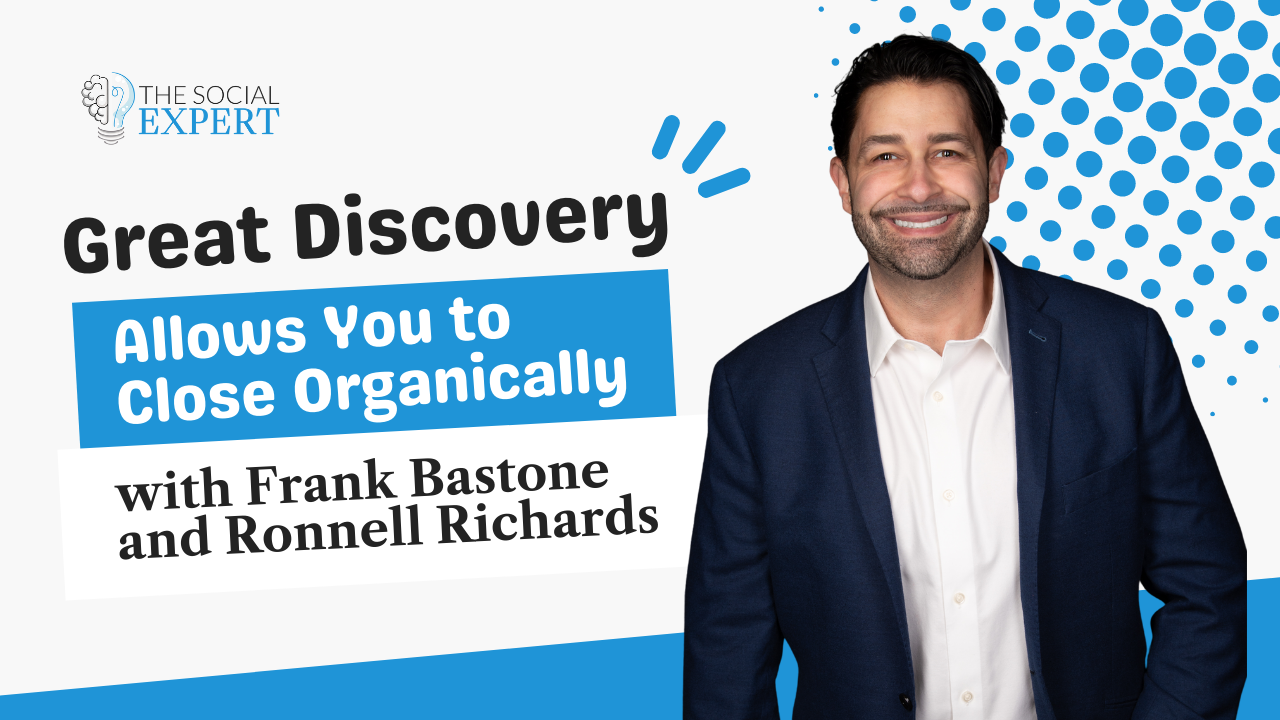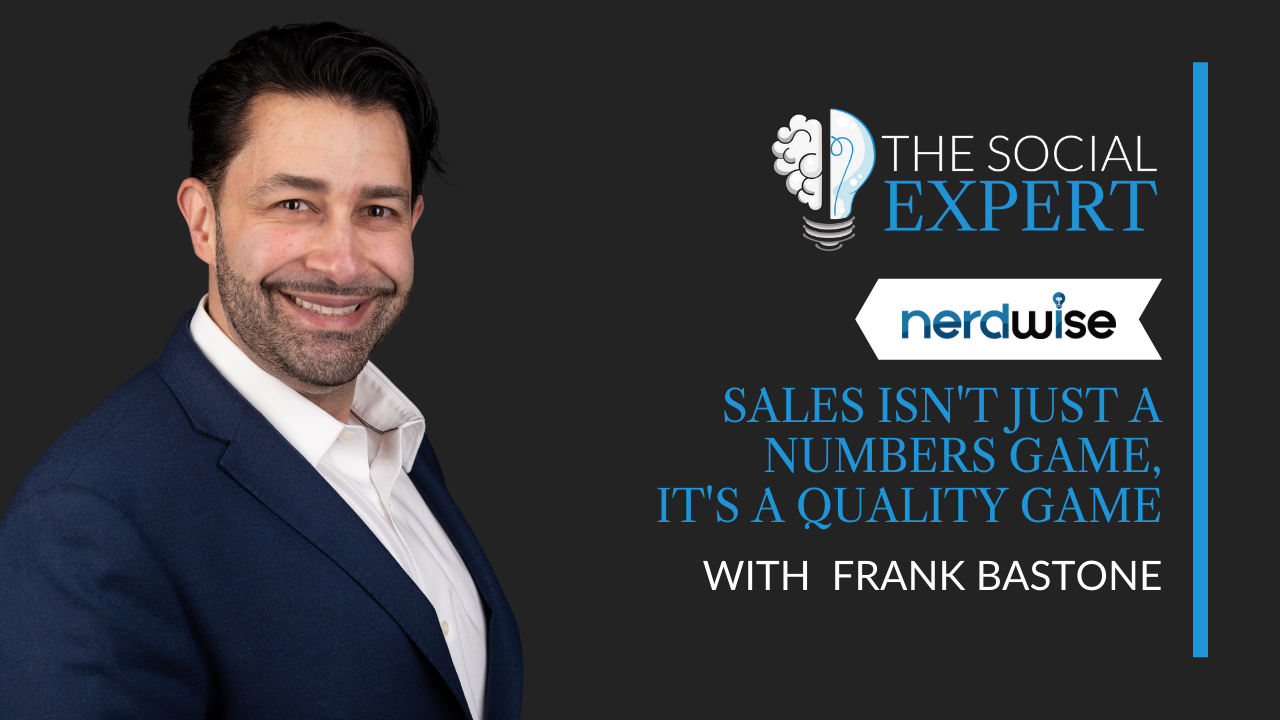One of the current misconceptions about pharmaceutical sales representatives is that their job position is connected to only one form of sales and that these professionals do not have any specialization. In reality, this is not a very accurate representation of the situation.
Several sales representatives are distinctive by the product they sell, the target group they focus on, and the qualifications required for this position.
In this blog, we will focus on debunking this myth, elaborating on the main tasks of sales representatives in general, and an extensive presentation of different types of pharmaceutical sales representatives and their primary duties.
Join us on this journey and learn more about these sales representatives.
Who is a Pharmaceutical Sales Representative?
The main task of pharmaceutical sales representatives is to educate and sell pharmaceutical products to doctors and medical practitioners. Companies hire representatives to present their products and inform doctors about their items in this quickly propelling industry.
Representatives don’t make direct deals and discuss details but rather associate suppliers with the medications, medicines, and information they need to give the most cutting-edge care to their patients.
Based on their specialization and target group, pharmaceutical sales representatives must grasp pharmacology, the study of meds, and their consequences for the human body. They can depict the medication’s science, a technique for activity, after effects, and likely cooperation with different medicines.
By spending significant time on a specific product, representatives can extend their insight base in a particular region, making them more powerful and essential to medical care suppliers.
Those seeking to become pharmaceutical sales professionals usually take specific academic courses to become more proficient in this field. Several certificates prove one has effectively contemplated and shown in dept knowledge of medical products or equipment. These certificates also indicate that the person has the right abilities to sell endorsed medicines or equipment.
Even though these certificates sound optional, in reality, you need them to work and perform in this industry. They make a vital link between certified pharmaceutical suppliers and healthcare providers or physicians.
Types of Pharmaceutical Sales Representatives
It is often not clear what the distinction between pharmaceutical sales representatives is. It has been an issue for many of the customers and members of this profession’s target group, such as general practitioners, physicians, and medical professionals specializing in specific medical fields.
Therefore, the main distinction among sales representatives is made based on the company product they sell and the targeted audience.
In this regard, we have one main categorization of professionals that specialize in the sale of pharmaceutical products:
- Pharmaceutical sales representatives
- Specialized pharmaceutical sales representatives
Pharmaceutical Sales Representatives
Pharmaceutical sales representatives are professionals in selling value products related to pharmaceutical production. One of the main features of their job distinguishing them from other representatives in this field is that their target audience is primary care providers.
Additionally, this type of pharmaceutical representative operates with various products ranging from opioids to family planning products, vaccines, bowel issues, and much more. Therefore, you are never an audience for pharmaceutical sales representatives as an ordinary citizen but instead the doctor that prescribes you medication.
Knowing the main focus of this job, a pharmaceutical sales representative must have specific skills and personality traits to perform their job successfully. Their main task is to present the product in the best possible way.
To do so, they need to know all about the product, how it works, which ailments it treats the best, and how to present it to their target audience. Additionally, it is crucial for a representative to also have in dept knowledge of risks and side effects and give those to the practitioner they are targeting.
The pharmaceutical industry is developing rapidly, and keeping pace with it is very difficult, especially for doctors and primary care physicians. Therefore representatives are there to introduce new drugs on the market and share their expertise with those who will further distribute them.
Specialized Pharmaceutical Sales Representatives
Unlike “regular” pharmaceutical sales representatives, we have those professionals that have taken a step forward and specialized themselves in a specific narrow range of products they sell.
This line of work requires that representatives who engage in specialized product sales have exquisite knowledge of pharmacology and a firm grasp of medical concepts and conditions related to their specialization.
Additionally, specialization in particular product groups occasionally means that specific companies employ sales representatives. The results from a similar pattern followed by companies distinguish themselves by the pharmaceutical products they produce. In this manner, we have those companies that target specific medical conditions such as cardiovascular diseases or neurological disorders.
This specialization of companies and, therefore, specialization of their employed pharmaceutical representatives also means a much-focused target group. Namely, they target doctors and medical personnel specializing in specific medical fields rather than primary care providers. The targeted group varies, as you can conclude from the type of products their company produces and the issues they target.
One of the great examples of companies and professionals specializing in certain areas is Johnson & Johnson Pharmaceuticals. They are developing medication and products for cardiovascular and metabolism, immunology, neuroscience, oncology, and pulmonary hypertension, all of which fall under specialty categories.
Specialization of Sales Representatives
As visible, the position of a pharmaceutical sales representative is complex and requires a lot of knowledge and skills. There is a clear distinction between representatives focusing on general sales and those specializing in specific product niches.
Based on their preferences, specialized pharmaceutical sales representatives can be divided as:
Pharmaceutical Sales Representative
Pharmaceutical sales representatives’ primary tasks were elaborated on in the previous chapter and focused on generally selling all pharmaceutical products to different target groups.
Medical Equipment Sales Representative
Unlike them, medical equipment sales representatives focus on medical equipment and other products. This category of products includes hospital equipment (furniture and machines), IV stands, and similar tools. Their target group is primarily hospital facilities but also private practices and laboratories rather than medical practitioners and personnel that prescribe medication.
This type of pharmaceutical sales representative does not require that much of an in-depth understanding of biology and other life sciences. These representatives still need to know how to use each product must still be made clear. Still, the details are generally quicker to learn than those required for general pharmaceutical sales representatives.
Medical Device Sales Representative
Medical device sales representatives are yet another category of pharmaceutical sales representatives. They specialize in selling medical devices that differentiate them from medical equipment. Medical devices such as pacemakers or artificial joints are used to treat patients. The target group of these professionals is the same as specialized pharmaceutical sales representatives and doctors specializing in specific medical fields such as cardiology or orthopedics. Best sales representatives of medical devices come from medical or technical backgrounds that understand how the device functions and how to utilize it most effectively.
Biotechnology Sales Representative
Lastly, biotechnology sales representatives can be treated as a separate category, but also these professionals can fit into the specialized pharmaceutical representative’s category. These representatives specialize in pharmaceutical-type products, including developing human body parts such as valves or skin and vaccines. These representatives know about these products, such as their primary use, diseases they can tackle, and most importantly, the potential side effects. These representatives target both physicians and hospitals in general.
Conclusion
The world of pharmaceutical sales representatives is very versatile and exciting. Their role in the medical profession is often disregarded, but they are here to help medical practitioners keep up with market developments and improve the quality of their patient’s healthcare.
Considering the differences between general pharmaceutical sales representatives and those specialized in different categories we mention can help you next time you interact with them and assure you have basic knowledge of their profession.
We hope our blog helped you with this goal. Stay tuned for more similar stories to help your sales journey.




